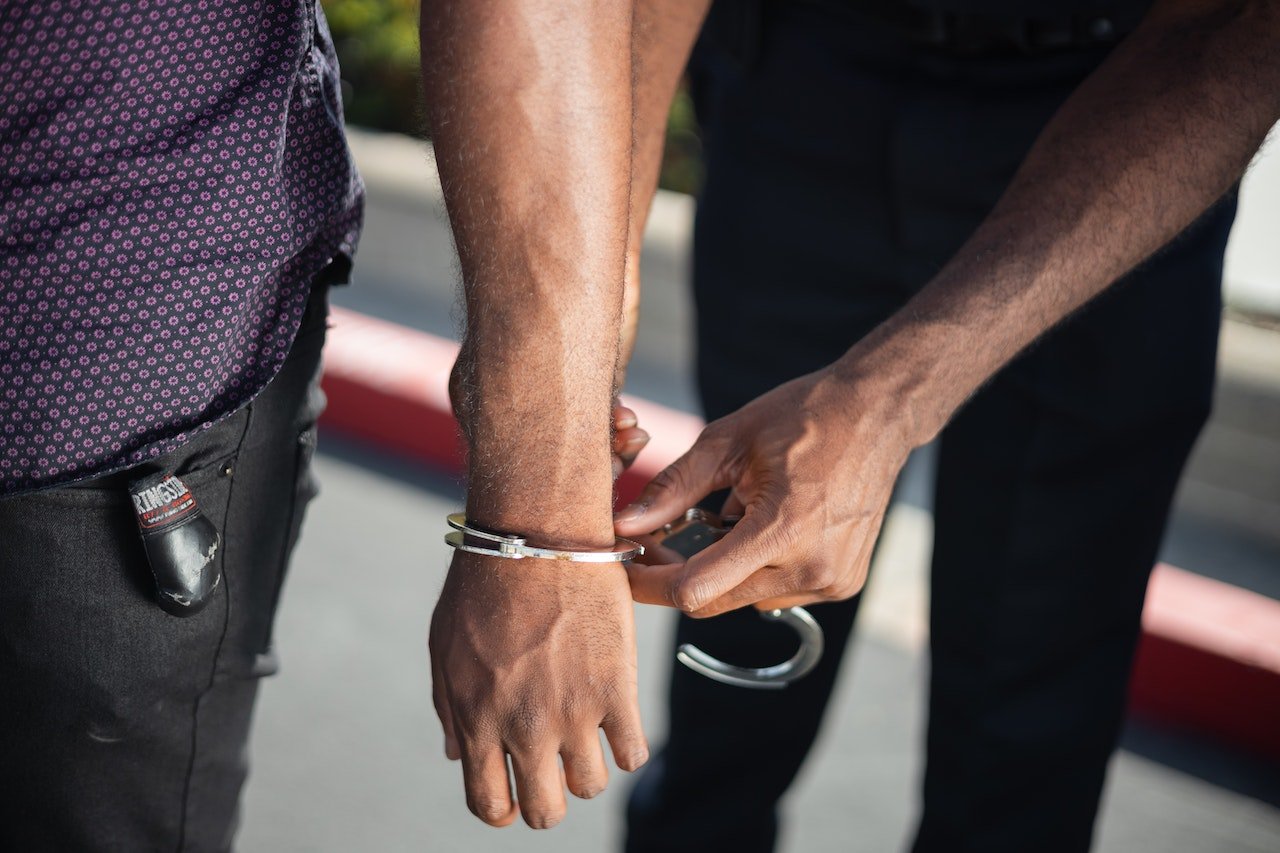The Rights of Criminal Defendants During Interrogations and Trials (2023)


During questioning and trials, criminal defendants are granted specific rights that preserve their fairness, provide due process, and shield them from any abuses. These rights are protected by the law in order to uphold the ideals of justice and give accused parties the chance to prove their innocence. As they support a fair and balanced legal system, it is essential for both defendants and the general public to understand these rights.
Contents
Introduction to Criminal Defendants
A person who is suspected of a crime is given certain rights to safeguard them from potential violations when they are made a criminal defendant. These rights are intended to uphold the legitimacy of the legal system and guarantee a fair trial. The fundamental legal rights of criminal defendants during questioning and trials will be discussed in this essay, and their importance in sustaining the rule of law will be highlighted.
The privilege of silence
The right to remain silent is one of the most important liberties given to criminal defendants. People have the freedom from self-incrimination thanks to this right, which is drawn from the Fifth Amendment of the US Constitution. It permits suspects to decline to respond when questioned by law enforcement or other authorities.
According to the Fifth Amendment, nobody “shall be compelled in any criminal case to be a witness against himself.” This means that people cannot be made to make remarks that could be used against them. Law enforcement officials are required to read defendants their Miranda Rights, which include the right to silence, to make sure they are aware of this option.
The Right to Counsel
Criminal defendants are likewise entitled to legal counsel. This fundamental right guarantees that defendants have access to knowledgeable lawyers who can advise them and uphold their interests throughout the court process. Defense lawyers are essential in protecting the rights of defendants and guaranteeing a fair trial.
Having a lawyer at their side enables defendants to successfully negotiate the convoluted judicial system, comprehend the accusations leveled against them, and create a compelling defense. Defense lawyers fight for their client’s rights, refute the prosecution’s evidence, question witnesses in cross-examination, and make counterarguments. By doing this, it is made sure that defendants have an equal chance to make their case and defend their innocence.
Read More: The Importance of Estate Planning: Protecting Your Assets
The Duty to Follow Due Process
A cornerstone of criminal law that ensures fairness and guards against the arbitrary taking of life, liberty, or property is the right to due process. Criminal defendants are entitled to due process, which includes a number of factors essential to a fair trial.
The assumption of innocence is one part of due process. Until they are proven guilty beyond a reasonable doubt, defendants are deemed innocent. According to this idea, the prosecution must provide strong evidence to prove a defendant’s guilt.
Criminal defendants also have the right to an impartial jury and a fair trial. This guarantees that the jury is made up of people who don’t harbor any prejudices or preconceptions toward the defendant.
The Ability to Challenge Witnesses
Another essential right granted to defendants in criminal cases is the ability to confront witnesses. They are given the chance to question defense witnesses in opposition. A vital tool for the defense to refute the prosecution’s case is cross-examination, which enables the defense to contest the witness’ testimony’s reliability, accuracy, or prejudice.
The Sixth Amendment’s confrontation clause ensures the defendant’s right to confront their accusers in court. This rule ensures openness and gives the jury the chance to evaluate the witness’s testimony directly. The defense can use cross-examination as a potent technique to unearth discrepancies, inconsistencies, or hidden agendas that might weaken the prosecution’s case.
The privilege against self-incrimination
Defendants in criminal cases are shielded from self-incrimination, which prevents law enforcement or other authorities from gathering evidence or obtaining confessions under dubious circumstances. This privilege protects individuals from potential abuses that might occur during interrogations.
In general, confessions that were coerced, intimidated, or acquired in violation of the defendant’s rights are not admissible in court. The exclusionary rule forbids using evidence that was obtained unlawfully against the defendant. This protects the integrity of the court system from confessions or evidence that was collected against a defendant’s will.
Read More: Legal Considerations for Starting a Small Business (2023)
Right to a Quick Trial
Criminal defendants are entitled to a speedy trial, which protects them against needless holdups and protracted pretrial confinement. This privilege is justified by the desire to avoid perpetual detention without charge, safeguard the rights of defendants, and reduce any potential harm from protracted judicial proceedings.
Several criteria must be taken into consideration when determining whether a trial was completed in a fair amount of time. These variables include the case’s complexity, the accessibility of the evidence and the potential witnesses, and any requests for adjournments from either the defense or the prosecution. The right to a prompt trial promotes effectiveness and averts needless holdups in the judicial system.
The appeals process
Criminal defendants continue to have the option to appeal their cases even after being found guilty. Defendants have the opportunity to argue against any possible legal or procedural mistakes that were made during the trial through the appellate procedure. It gives higher courts a chance to evaluate the lower court’s rulings and determine whether any errors impacted the trial’s fairness.
Criminal Defendants have the opportunity to provide fresh evidence, dispute legal interpretations, or claim violations of their constitutional rights through post-conviction remedies such as filing appeals or writs. In order to fix any mistakes and guarantee that justice is done, the appeal process is essential.
Conclusion
For the sake of upholding justice and defending people’s rights, criminal defendants’ rights during questioning and trials are crucial. A fair and balanced legal system is made possible by the exercise of these rights, which include the right to stay silent, the right to counsel, the right to due process, the right to question witnesses, the right to be shielded from self-incrimination, the right to a speedy trial, and the right to appeal.
For both society as a whole and for criminal defendants, it is essential to understand these rights. We can keep a justice system that adheres to the values of fairness, protects individual liberties, and upholds the assumption of innocent until proven guilty by making sure defendants are given these rights.
FAQs
What does the right to silence accomplish?
People who exercise their right to remain silent are shielded from being forced to make statements that could be used against them in a court of law.
Why is legal counsel crucial for someone accused of a crime?
Legal counsel guarantees that criminal defendants have access to knowledgeable lawyers who can uphold their rights, put up a compelling defense, and represent them throughout the legal process.
What does it mean to be presumed innocent?
A key notion that treats suspects as innocent unless proven guilty is the presumption of innocence. The prosecution is given the onus of proof to prove guilt beyond a reasonable doubt.
Why is the ability to question witnesses important?
The right to confront witnesses gives the defense the chance to cross-examine prosecution witnesses in order to cast doubt on their objectivity, accuracy, or biases and provide the prosecution’s case a fair chance to be refuted.
What serves as the appeals process’ purpose?
Criminal defendants have the opportunity to contest potential legal and procedural errors that may have occurred during the trial through the appellate procedure. It gives higher courts a way to evaluate the judgements of the lower court and judge the fairness of the trial.





